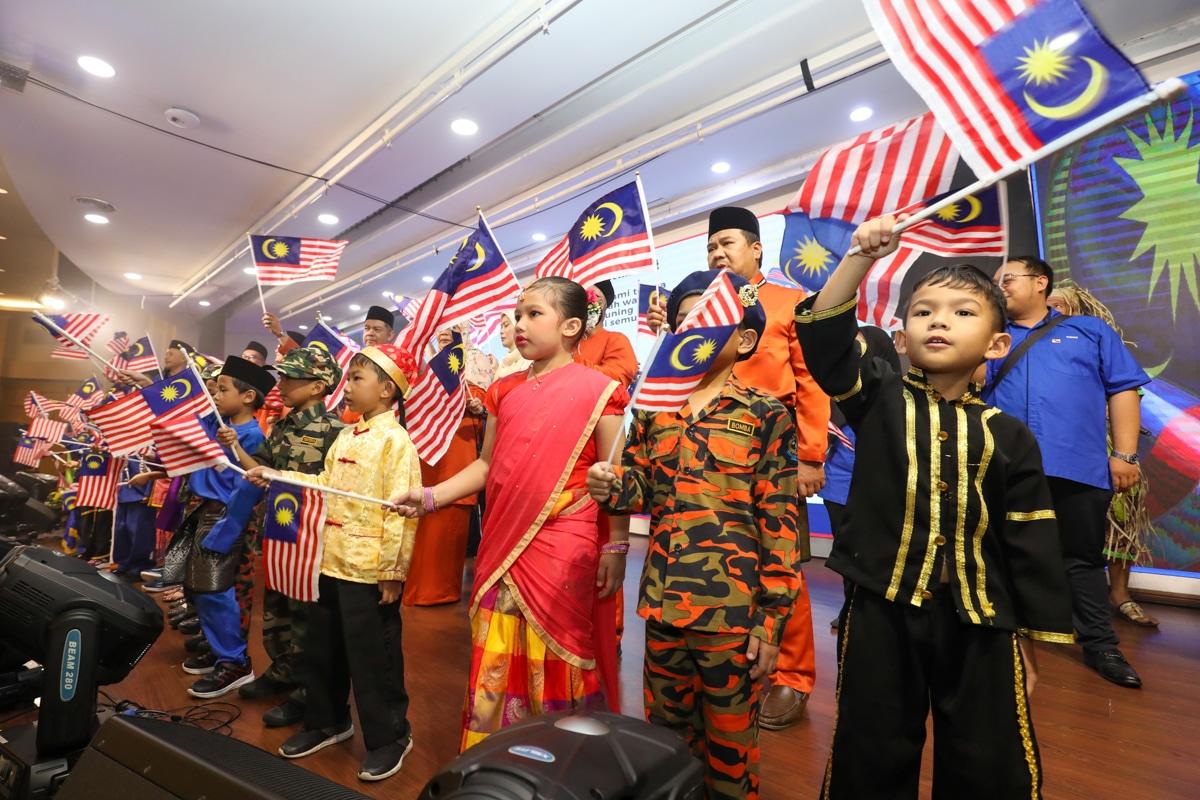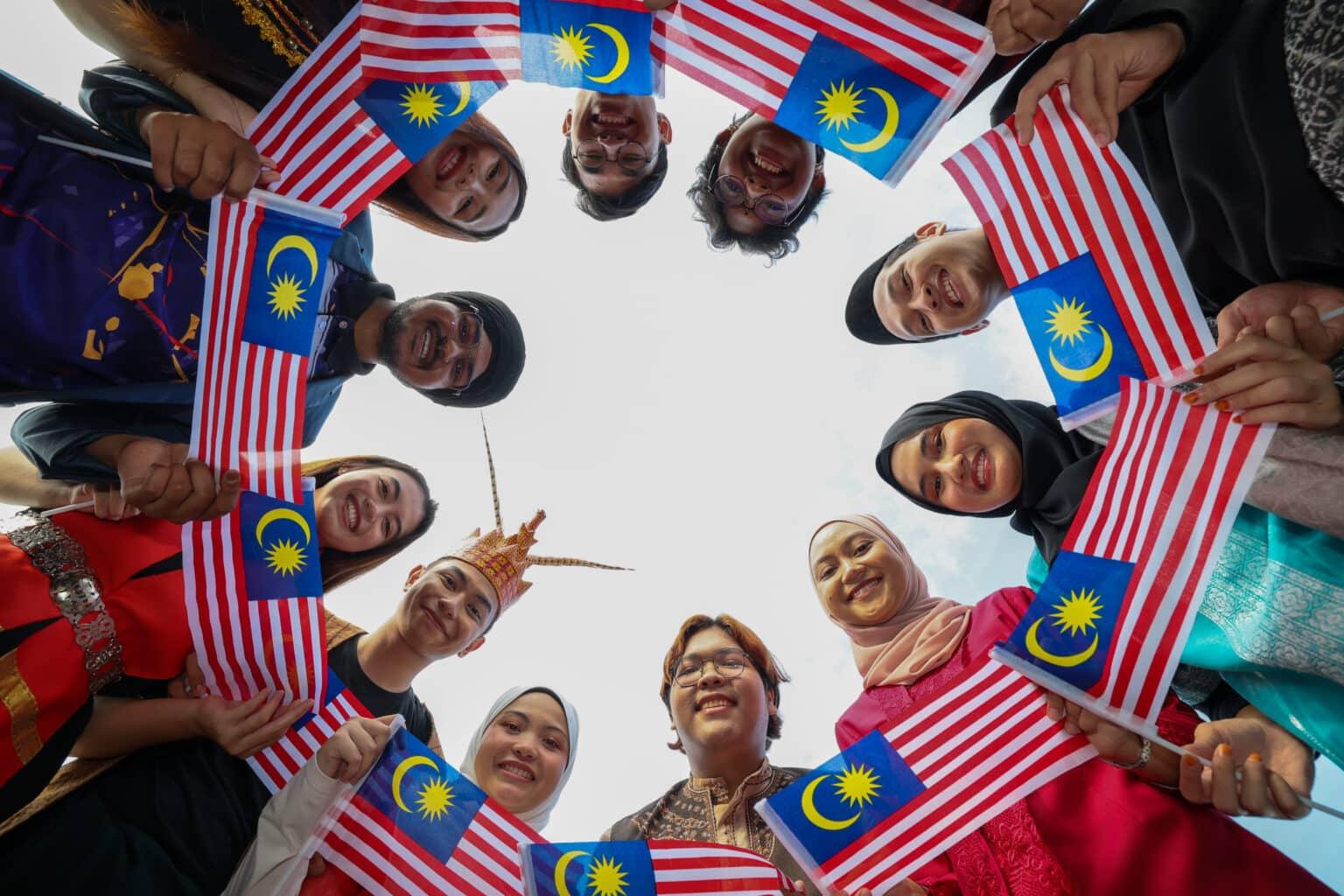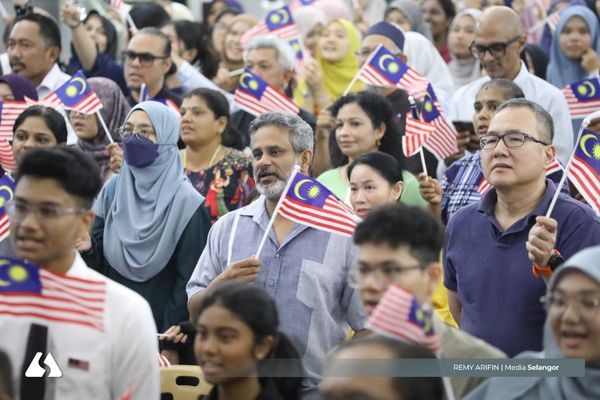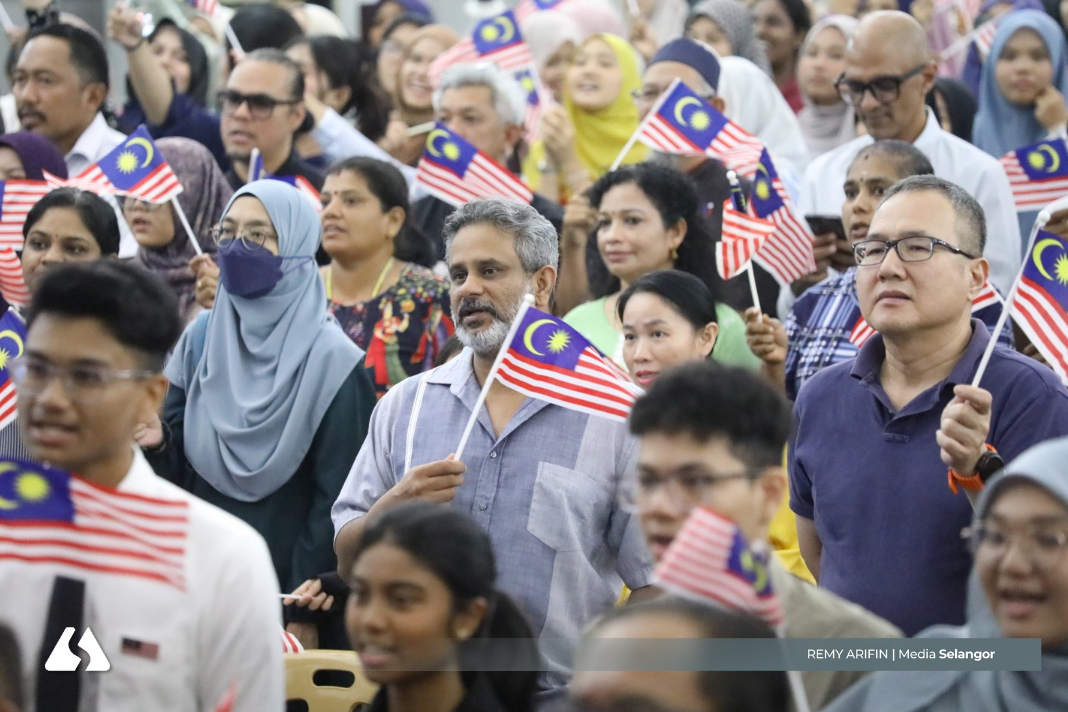SHAH ALAM, Sept 11 — The projected rise in Malaysia’s Bumiputera population over the coming decades, amid declines in other ethnic groups, is not expected to undermine national unity or the country’s multiracial fabric.
However, a social expert believes the government has a crucial role to play in balancing policies to avoid discontent and resentment among minority groups.
Malaysian Qualifications Agency (MQA) chief executive officer Datuk Mohammad Shatar Sabran said privileges accorded to the Bumiputera must go hand-in-hand with efforts to protect the needs and welfare of other races, to prevent any cracks from forming in the country’s social cohesion.
“Since our independence in 1959, the Bumiputera have always made up the largest share of the population compared with other ethnic groups like the Chinese and Indians, and although this is the case to this day, harmony and peace are intact.
“We have always lived in harmony, guided by the Rukun Negara and the Federal Constitution. Ssociety respects these pillars, and that is why no one has taken advantage by fueling issues that could affect Malaysia’s peace and development,” he told Media Selangor.
According to the Statistics Department’s (DOSM) Population Projection 2020-2060 report released on July 11 in conjunction with World Population Day, Malaysia’s Bumiputera population is set to rise from 69.4 per cent in 2020 to 79.4 per cent by 2060.
In contrast, the Chinese population is expected to drop significantly from 23.2 per cent to just 14.8 per cent, while the Indian population will drop from 6.7 per cent to 4.7 per cent.
A similar trend could be seen in Selangor, with the Bumiputera population projected to increase from 60.6 per cent in 2020 to 69.9 per cent in 2060, while the Chinese (27.3 per cent to 20.3 per cent) and Indian (11.3 per cent to 8.6 per cent) populations are expected to decline.

Unity demands balanced policies
Shatar said that moving forward, it is vital for government decisions and policies, especially on matters concerning social, economic and political, to be balanced and applied fairly across ethnic groups.
He said this will not mean the government would neglect Bumiputera special privileges, but rather ensure the welfare of all levels of society.
“Each ethnic group must refrain from taking advantage of others. For instance, A should not exploit B, and B should not exploit C.
“Being larger in numbers does not mean stronger, and being smaller does not mean weak. There must be a balance.
“We have lived harmoniously since independence, so I do not think we should be worried if the Bumiputera population continues to rise. We have proven that this is not an issue; we just need to be respectful of one another,” Shatar
He also urged the government to continuously and strictly monitor social media for any seditious posts meant to incite racial division.
“In the 1940s to the 1990s, we were able to control what was published in the media, especially content deemed unsuitable or unethical, because most of it was physical in nature.
“Today, it is much harder, so there needs to be tighter monitoring and control. Today, I see external influences creeping in that can shape perceptions and provoke unrest, even originating from outside the country.
“There are parties who exploit incidents abroad to push their own agenda within our borders,” Shatar said.
Meanwhile, he also called on the younger generations not to normalise “child-free” culture or limit the number of children they would have, warning that this could negatively impact Malaysia’s prosperity and progress.
“If we look at China, which once enforced a one- or two-child policy, it has now reversed that stance. The same applies to Singapore.
“This is because they have started to recognise the need for a larger population,” the expert said.



